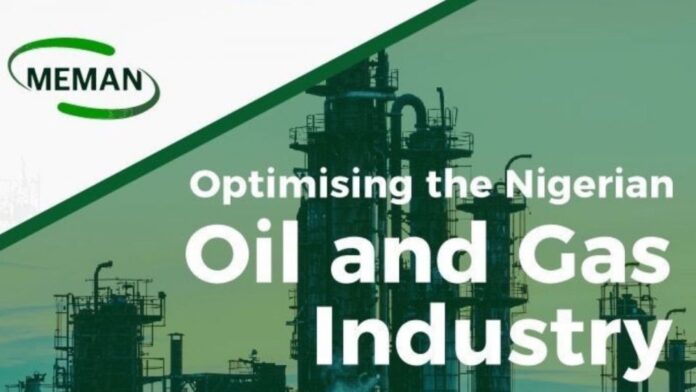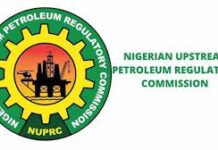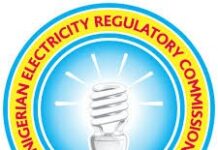MEMAN advocates collaboration to enhance quality, affordability in Nigeria’s downstream sector
CHIGOZIE AMADI
Mr Huub Stokman, Chairman of the Major Energies Marketers Association of Nigeria (MEMAN), emphasised the need for collaboration among oil and gas downstream stakeholders to provide high-quality services and products to Nigerian consumers at affordable prices.
Stokman outlined the key challenges and opportunities in Nigeria’s energy sector in a webinar online meeting with stakeholders titled “Optimising the Nigerian Oil and Gas Industry,”.
Stokman stressed the importance of unity among businesses, government agencies, and regulatory bodies to ensure that services and products remain affordable.
“Our primary focus should be on our customers,” he said.
“While running our organizations is important, our ultimate responsibility is to deliver quality goods and services.”
He highlighted the necessity for a customer-centric approach, focusing on energy security, efficient distribution, and competitive market practices.
Stokman also noted the need for better infrastructure, such as roads and pipelines, to improve product distribution across Nigeria. He pointed out ongoing issues like product hoarding, regulatory fragmentation, and high operating costs due to inflation and inadequate logistics, which hinder industry efficiency.
He advocated for increased investment in technology and automation to streamline operations and enhance the energy supply chain.
He praised Nigeria’s progress in expanding refining capacity, which strengthens energy security and reduces import dependency.
He also addressed the importance of energy transition and environmental sustainability, urging a shift towards Compressed Natural Gas (CNG), Liquefied Natural Gas (LNG), and renewable energy sources, including solar power and electric vehicle (EV) infrastructure.
To guide the sector’s future, Stokman proposed forming consultative committees similar to Nigeria’s Bankers Committee.
He said that the committees would provide strategic oversight and foster a collaborative approach to industry challenges, enhancing regulatory compliance and operational efficiency.
Mr Gabriel Ogbechie, the CEO of Rainoil Ltd., discussed the “seismic shift” in the downstream sector due to recent fuel price increases.
He noted that the price of Premium Motor Spirit (PMS) has surged by 60% to approximately N1230 per litre, reflecting a move towards deregulation.
However, Ogbechie questioned the extent of this deregulation, citing discrepancies in pricing at Nigerian National Petroleum Corporation (NNPC) stations, which are still below market rates.
Ogbechie also addressed the anticipated impact of the Dangote Refinery on market dynamics, emphasizing the need for a level playing field.
With rising fuel prices, he called for increased investment in EV infrastructure, such as charging ports, to support the transition to alternative energy sources.
He expressed concern over Nigeria’s slow adoption of EVs compared to other markets and urged stakeholders to invest in supporting infrastructure.
Additionally, Ogbechie noted a shift in gas sector demand, with a significant increase in the demand for Liquefied Petroleum Gas (LPG). He highlighted Rainoil Limited’s investment in LPG storage as an example of adapting to changing market demands.
Dr Billy Gillis-Harry, President of the Petroleum Retail Outlet of Nigeria, discussed the benefits of deregulation, including increased efficiency, government revenue, and regular availability of petroleum products.
He urged the industry to move away from regulation and fully embrace deregulation to achieve these benefits.
Also, Mr Anibor Kragha, Executive Secretary of the African Refiners and Distributors Association (ARDA) spoke on Nigerian energy security, emphasing the need for value addition in the midstream and downstream sectors.
He highlighted infrastructure challenges in Africa, such as shallow drafts, congested berths, and reliance on road transport, which lead to higher consumer prices, stockouts, and other issues.
Kragha referenced the 2024 Puma/CITAC White Paper, which analysed infrastructure realities and their impact on meeting Africa’s growing energy demand.

























